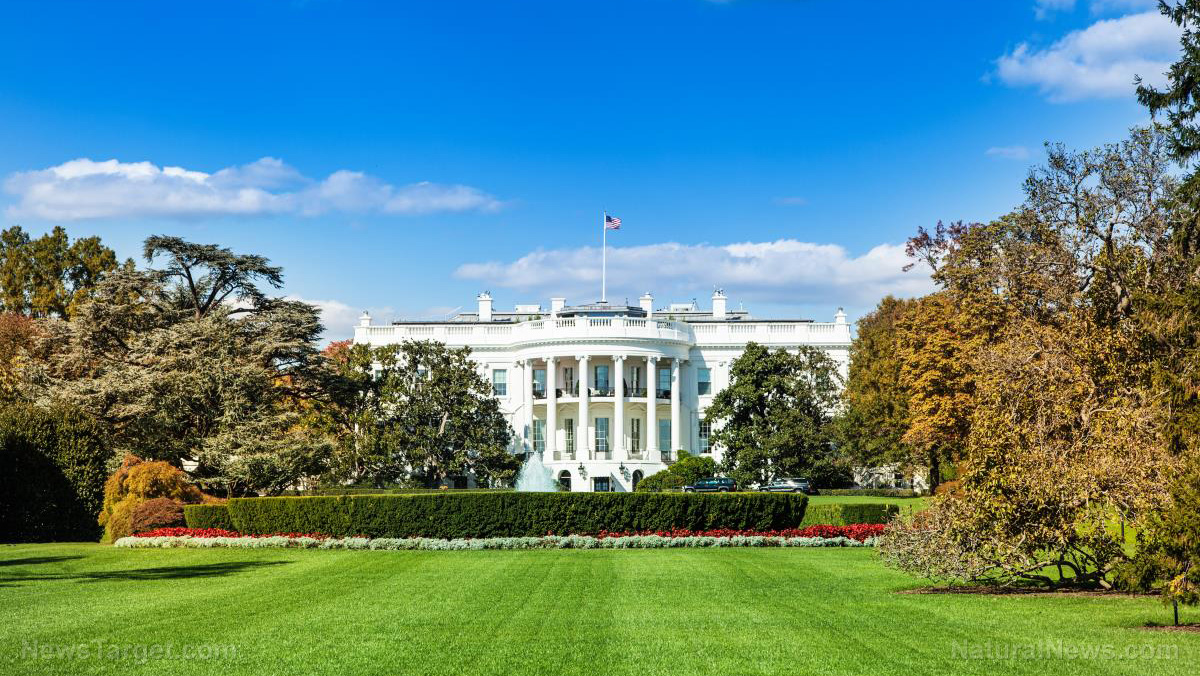
Economist Benjamin Hansen from the University of Oregon looked at data collected from Google Trends and the Idaho Department of Transportation, revealing that the closer Idahoans live to the Washington border, the less likely they are to die from alcohol-related traffic incidents.
The reason for this is that Idahoans who live close to the Washington border are able to cross-border shop – meaning they can buy cannabis from Washington and take it back to Idaho with relative ease – while Idahoans who live further inland have to drive much further. The result is that Idahoans with easier access to Washington cannabis are less likely to drink alcohol, while the rest of Idaho is stuck in Reefer Madness hell.
For his research, Hansen looked at Google Trends to determine how often people living in Idaho searched for the term "dispensary" between the years of 2007 and 2017. He then compared this information to data collected from Idaho's traffic authorities during roughly the same time period.
What Hansen found is that internet searches for the term "dispensary" increased "dramatically" in Idaho after Washington legalized cannabis. Not only that, but alcohol-related deaths plummeted by an astounding 21 percent following legalization in Washington.
Furthermore, Hansen determined that the biggest reductions in alcohol-related deaths in Idaho occurred in areas closest to the Washington border – indicating that Idahoans are not only driving across the border to purchase cannabis, but are also driving under the influence of alcohol a whole lot less now that they have natural cannabis as a safe alternative.
"These findings are consistent with increased access to marijuana leading to substitution away from alcohol to marijuana," Hansen notes in his paper, which was recently published by Utah State University's Center for Growth and Opportunity.
Another key finding in Hansen's paper is that when recreational cannabis sales began in Walla Walla, Washington, and Huntington, Oregon, in September 2015 and March 2016, respectively – these being eastern border towns in Washington and Oregon – nearby border towns in Idaho experienced dramatic decreases in alcohol-related deaths.
"This suggests that interest in marijuana – specifically, marijuana available in Washington and Oregon – increased significantly as stores opened nearby and that the trend break is not due to random chance."
When is Idaho going to stop arresting and imprisoning people over a harmless plant?
None of this is to say that Idahoans who choose cannabis over alcohol and drive it back home with them from Washington or Oregon are making the safer choice, at least when it comes to risking their futures by potentially encountering Idaho law enforcement along the way.
While Washingtonians and Oregonians are free to partake in one of nature's most healing herbs without any risk of government persecution, Idahoans aren't currently afforded these same freedoms. In fact, Idaho law enforcement admits that it's not onboard with freedom, as there have been "consistent increases in trafficking and seizures following Washington's and Oregon's legalizations."
In other words, you can still be arrested, prosecuted and jailed simply for having in your possession a plant that, for all intents and purposes, is now legal in all of Idaho's bordering states as well as Canada – including Montana and Utah, both of which now have their own medical cannabis laws in place.
What this all means is that your life is still at risk should you ever be caught with any form of cannabis in Idaho, including CBD (cannabidiol), which is still technically illegal in Idaho.
As it turns out, Idaho remains one of the most backwards states in our country as far as cannabis freedom is concerned, as law enforcement there are accusing truck drivers who haul federally legal hemp through Idaho of "trafficking drugs." An Idaho mother also had her children taken away by the state after she decided to give them cannabis oil for their health issues.
In other words, it's probably best to just stay away from Idaho altogether if you value your freedom.
For more related news about medical cannabis, be sure to check out MedicalMarijuanaUpdate.com.
Sources for this article include:
Please contact us for more information.























